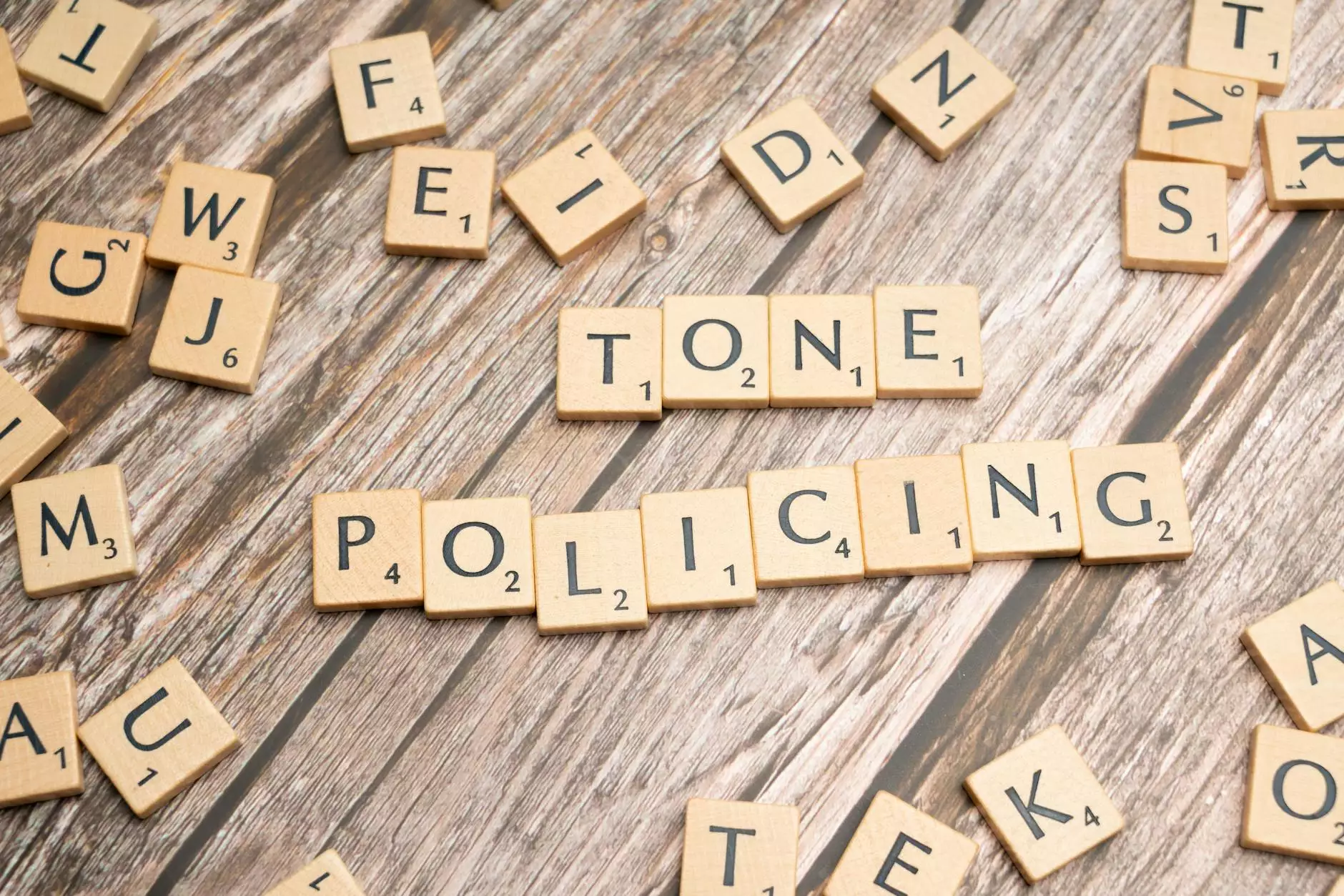The Significance of “Dis Klinigi” in Modern Medical Discourse

In today's world, where communication serves as a foundation for relationships, the phrase "dis klinigi" brings forth a unique blend of language that reflects the diverse landscape of healthcare communication. Understanding this phrase's implications enables us to explore its relevance in the realms of general dentistry, health, and the medical industry at large, particularly through platforms like medicadent.com.
Understanding “Dis Klinigi”
"Dis klinigi" appears to draw connections to pidgin languages, commonly used in various Caribbean and African cultures. These languages often evolve as a means of facilitating conversation among diverse linguistic groups. In a medical setting, such expressions may play a crucial role in bridging communication gaps between healthcare professionals and patients from different backgrounds.
The Role of Language in Healthcare
Effective communication is vital in healthcare. Misunderstandings can lead to misdiagnoses and ineffective treatments. By incorporating culturally relevant terms like "dis klinigi", healthcare providers foster collaboration, ensuring that every patient feels understood and valued. Let's examine several benefits this approach offers:
- Enhanced understanding: Using familiar language helps patients comprehend medical advice better, promoting adherence to treatment recommendations.
- Cultural sensitivity: Acknowledging linguistic diversity fosters respect and inclusiveness, which builds trust between patients and healthcare providers.
- Improved patient outcomes: When patients fully understand their health conditions, they are more likely to engage actively in their treatment plans.
Exploring the Impact on Dentistry
The field of dentistry, particularly general dentistry, greatly benefits from effective communication. Dentists often encounter patients fearful of treatments or procedures, largely due to misunderstandings. By utilizing terms like "dis klinigi", dental professionals can alleviate anxiety by explaining procedures in relatable language.
Case Studies in Positive Language Use
Several dental clinics have successfully implemented modified communication strategies, which incorporate local languages and phrases. For example:
- The Caribbean Dental Institute: This institute saw a 30% increase in patient satisfaction scores after introducing culturally relevant terminology during consultations.
- Savannah Dental Group: By employing a language-embedding approach, patient adherence to dental appointments rose by 25%.
Business Growth through Linguistic Inclusivity
For businesses like medicadent.com operating within the healthcare sector, adopting an inclusive linguistic strategy can significantly enhance brand reputation and growth. Here are some strategies to ensure that your business thrives while embracing "dis klinigi" and similar expressions.
1. Train Your Staff
Offering training programs that focus on cultural competence and language diversity can equip your employees with the skills needed to communicate effectively with diverse patient populations.
2. Incorporate Tech Solutions
Utilizing technology such as translation apps or interactive patient portals can help mitigate language barriers. Ensuring that your digital presence is accessible makes it easier for all patients to access your services and information.
3. Create Engaging Content
Content that resonates with your audience is essential. Start a blog or create social media posts that explain dental health concepts in simple, relatable terms, integrating phrases like "dis klinigi" to enhance connectivity with your target demographic.
4. Gather Patient Feedback
Regularly collecting patient feedback can provide you with insights into how well your communication strategies are working. Make adjustments based on their responses to continually improve your service quality.
The Future of Healthcare Communication
As we move forward, the integration of diverse language forms like "dis klinigi" in healthcare settings will become increasingly important. With globalization, the medical community must adapt to evolving communication standards. Here are projected trends that will influence this evolution:
- Growing multicultural societies: As communities become more diverse, healthcare providers must adapt their communication strategies.
- Telemedicine and digital solutions: Language inclusivity in telehealth platforms will set new benchmarks for patient interactions.
- Policy changes: Governments and regulatory bodies are increasingly mandating language services in healthcare.
Conclusion
The phrase "dis klinigi" symbolizes a much more extensive narrative about communication and inclusivity within the healthcare sector. By understanding its significance and integrating it into business practices, healthcare professionals can foster better relationships with patients, ensuring a higher quality of care. Visit medicadent.com to explore how a commitment to effective communication can elevate your health and medical practice today.



